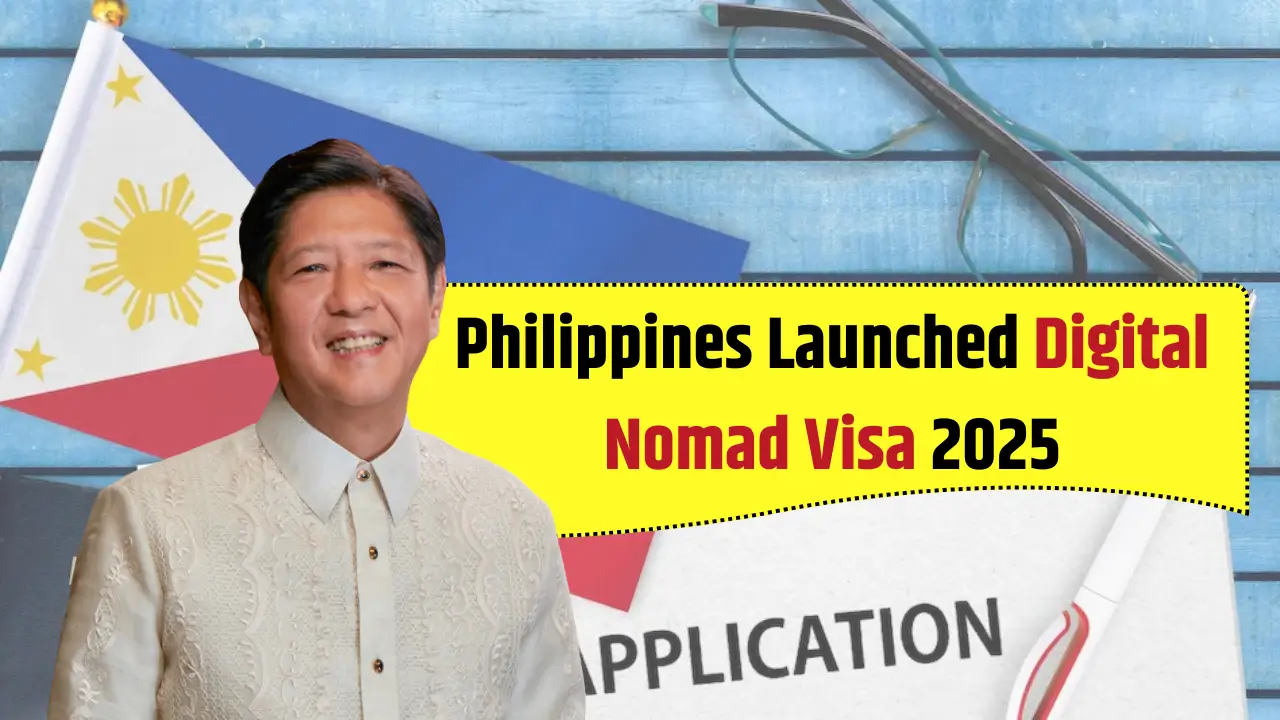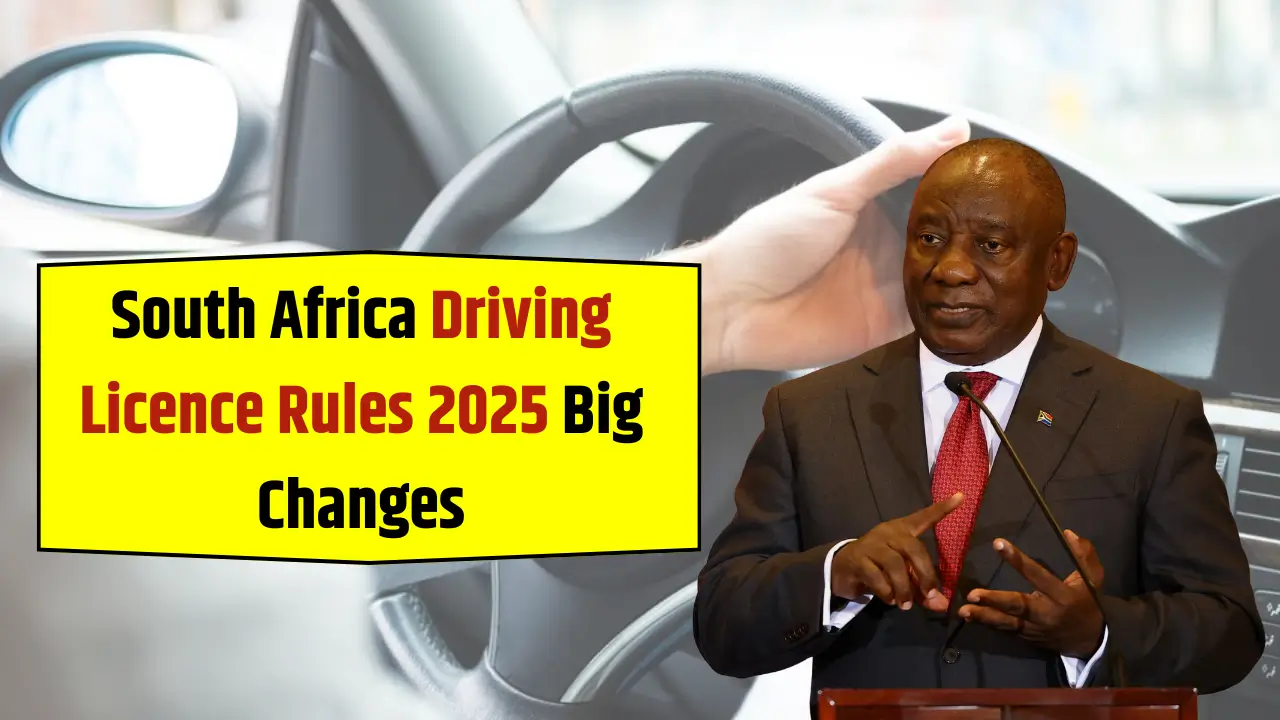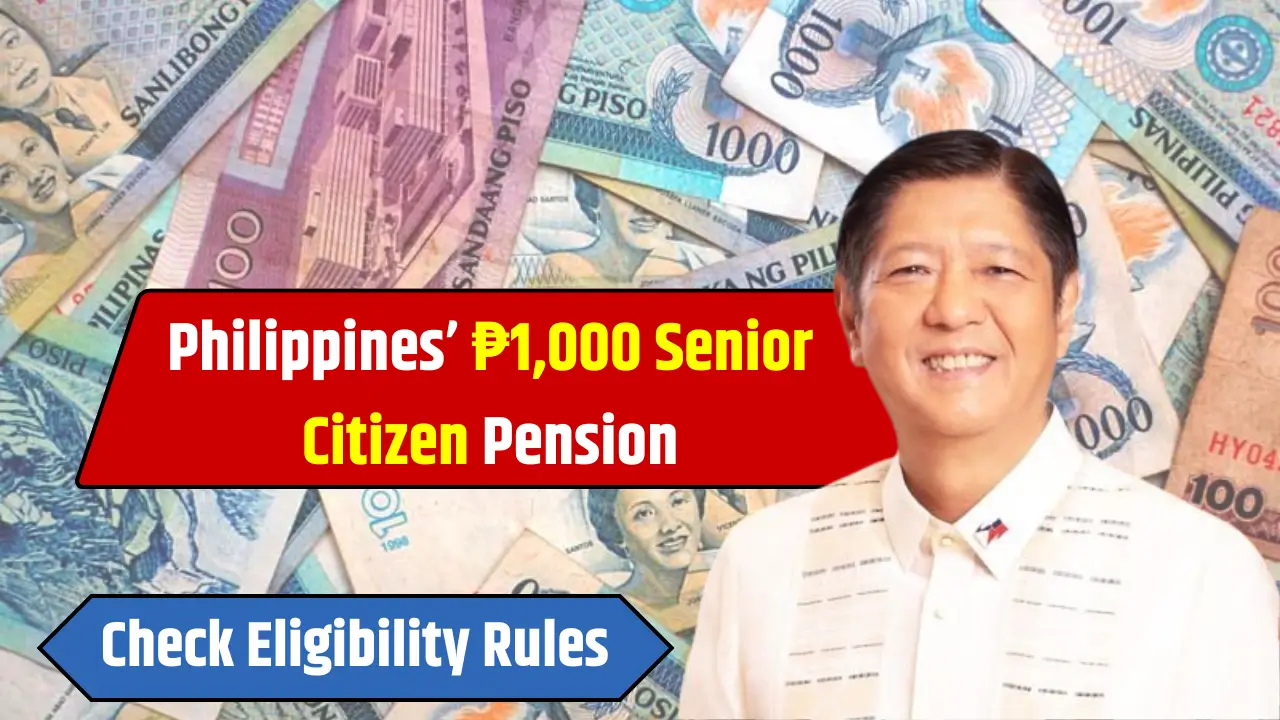The Philippines Digital Nomad Visa 2025 marks a revolutionary shift in the country’s immigration and economic strategy, designed specifically to attract remote workers from around the world.
Officially launched as part of Executive Order No. 86 signed by President Marcos in April 2025, this visa program invites foreign nationals who work remotely for employers or clients based outside the Philippines to live and work in the country for up to two years.
This game-changing initiative positions the Philippines alongside leading digital nomad hubs like Portugal, Thailand, and Spain, offering an exciting blend of work flexibility and tropical lifestyle.
This article explores the comprehensive details about the new Digital Nomad Visa, eligibility criteria, application processes, benefits, limitations, and what the future holds for the Philippines as a top remote work destination.
Why the Philippines Launched the Digital Nomad Visa
The rise in remote work worldwide, accelerated by the COVID-19 pandemic, has transformed how and where people work. Countries are now competing to attract digital nomads who contribute to local economies without taking local jobs.
The Philippines government recognised this trend and launched the Digital Nomad Visa to:
- Stimulate tourism and long-term economic growth
- Attract foreign foreign exchange and investments
- Support digital innovation and co-working infrastructure
- Expand cultural exchange and global connectivity
- Enhance the country’s brand as a modern, friendly destination for professionals
The visa program is a well-calibrated measure to recover post-pandemic economic momentum and engage with a fast-growing global remote workforce.
Key Features of the Philippines Digital Nomad Visa (DNV)
- Duration of Stay: Initial stay of up to 12 months, renewable for an additional 12 months, allowing a total maximum stay of 24 months.
- Multiple Entries: Visa holders can travel in and out of the Philippines multiple times within the visa validity period.
- Work Restriction: Permit holders can only work remotely for clients or companies based outside the Philippines—working for local companies is not allowed.
- Tax Treatment: Income earned abroad is not subject to Philippine income tax under the visa.
This structure provides maximum flexibility while safeguarding the country’s labour market.
Eligibility Criteria for the Digital Nomad Visa
Applicants must meet stringent eligibility conditions to qualify:
- Age: Must be at least 18 years old.
- Employment: Employed by a company based overseas or self-employed/consulting with clients abroad, essentially earning income through digital means.
- Income Proof: Show steady foreign-sourced income meeting or exceeding a minimum threshold (often around USD $2,000 per month or equivalent).
- Criminal Record: Must have a clean background with no serious criminal offences.
- Health Insurance: Valid international health/travel insurance covering the duration of stay in the Philippines.
- Nationality: Must be a citizen of countries that offer reciprocal digital nomad visas to Filipinos or have a Philippine Foreign Service Post.
- No Local Employment: Not allowed to engage in local employment or run businesses in the Philippines.
Application Process for the Digital Nomad Visa
The visa application follows a streamlined online and offline process:
- Submit an online application form through the official Philippine eVisa portal.
- Upload supporting documents, including passport, proof of income, employment verification documents, and insurance certificates.
- Pay the visa processing fee (amount to be announced, estimated in mid-range for long-stay visas).
- Await approval and verification, typically within 30 to 45 days.
- Upon approval, receive the visa electronically and complete arrival formalities on entry.
Applicants residing in countries without a Philippine Foreign Service Post can apply through the nearest accredited consulate or embassy.
Benefits of the Digital Nomad Visa
- Work-Life Balance: Combine work with leisure and lifestyle benefits in one of Asia’s most beautiful island nations.
- Affordable Living: Lower cost of living compared to many Western countries, while enjoying world-class beaches, nature, and English-speaking communities.
- Extended Stays: Longer stays compared to typical tourist visa durations, enabling deeper cultural immersion and stable remote work environments.
- Multiple Re-Entry Benefits: Flexibility to travel freely for business or personal reasons without losing visa status.
- No Local Tax Obligations: Income earned from foreign sources is not taxed in the Philippines under this visa framework.
Challenges and Considerations
- Infrastructure Variability: While cities like Manila, Cebu, and Davao boast good internet and co-working spaces, more remote areas have variable connectivity.
- Visa Fees and Renewal: Managing initial fees and the renewal process require planning and compliance with immigration regulations.
- Local Labour Laws: Strict compliance is required to ensure no local employment is undertaken to avoid legal penalties.
- Healthcare Access: Nomads must have robust health insurance due to varying quality and availability of private healthcare facilities.
- Cultural Adaptation: Newcomers should be mindful and respectful of local customs, laws, and environmental conservation efforts.
Future Outlook: Towards a Remote Work Hub
The Digital Nomad Visa is envisioned as phase one of the Philippines’ broader goals to develop a remote work-friendly ecosystem, including:
- Incentives for co-working spaces and digital infrastructure upgrades
- Family-friendly remote work visas and complementary packages
- Collaborations with tech companies to foster digital innovation hubs
- Streamlined visa processing with integrated digital government services
If implemented well, the Philippines has the potential to become a premier remote work destination in Southeast Asia within the next decade.
Summary Table: Philippines Digital Nomad Visa 2025
| Feature | Details |
| Visa Duration | 12 months initial, renewable 12 months |
| Eligible Applicants | Foreign nationals working remotely for foreign clients/employers |
| Income Requirement | Proof of steady foreign income (approx. $2,000/month) |
| Health Insurance | Mandatory, international coverage |
| Visa Application | Online through Philippine government portal |
| Taxation | Foreign income exempt from Philippines tax |
| Multiple Entries | Allowed within visa duration |
FAQs
1. Who can apply for the Philippines Digital Nomad Visa?
Foreign nationals employed by overseas companies or self-employed with clients abroad, with valid proof of remote work.
2. How long is the initial visa valid for?
The visa is valid for 12 months initially, with an option to extend for another 12 months.
3. Do digital nomads pay taxes in the Philippines?
No, income earned abroad is not subject to Philippine income tax under this visa arrangement.
4. What documents are needed to apply?
A valid passport, proof of remote employment or freelancing, evidence of sufficient income, health insurance, and a clean criminal record.
5. Can family members accompany the digital nomad?
Currently, the visa is designed for individual applicants but family options may be introduced in future amendments.















